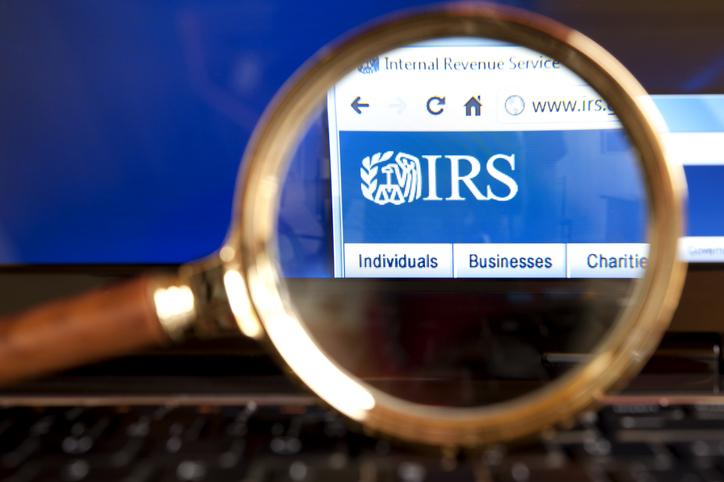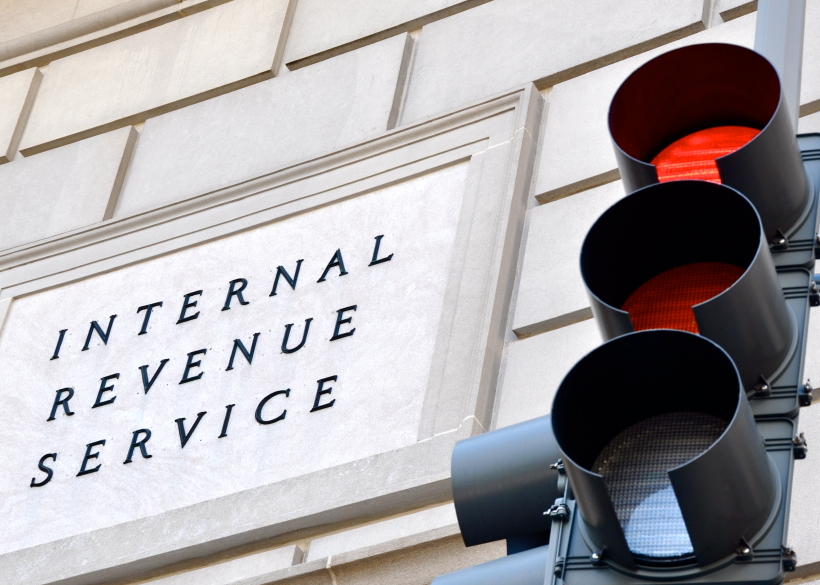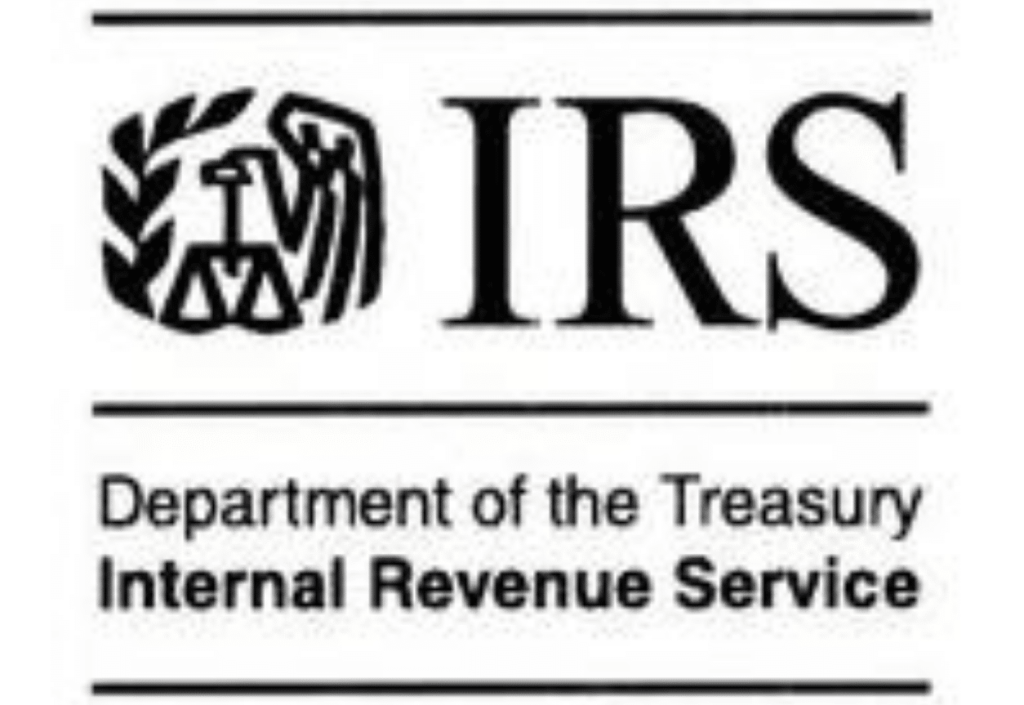
Do Tax-Exempt Organizations Have To Report Changes To The IRS?
Tax-exempt organizations must report changes to their name, address, changes to their articles and bylaws, and major operational changes to the IRS.

Tax-exempt organizations must report changes to their name, address, changes to their articles and bylaws, and major operational changes to the IRS.
The IRS has debuted a new and improved exempt organization search page. Previously, the public could use the IRS’ Select Check tool to lookup an organization by name or EIN. However, Select Check only permitted confirmation of an organization’s tax-exempt status and whether the organization was a public charity or private foundation.

The IRS has posted in links to the questions Exempt Organizations specialists are instructed to ask in relation to various issues raised by applications for exemption and miscellaneous determination requests.

Although there are many reasons a nonprofit organization may be selected for an audit, several things heighten the chance of being selected. Things like irregularities on Form 990s, failure to file a Form 990, citizen complaints, having a relationship with another taxpayer currently being audited or receiving negative media attention can all increase your chance of being audited beyond the random internal IRS computer process.

As the IRS Exempt Organizations division indicated in its 2013 work plan, it is conducting a compliance check of self-declared tax-exempt organizations. The IRS recently mailed over 1,300 questionnaires to self-declared Section 501(c)(4), 501(c)(5), and 501(c)(6) organizations. The project is part of the IRS’ plan to gather information about self-declared exempt organizations, determine whether self-declared exempt organizations are complying with applicable tax-exempt law, and increase voluntary compliance.

t the end of 2012, the IRS introduced a voluntary classification settlement program (Settlement Program) to provide an incentive for employers with misclassified workers to comply.[1] The Settlement Program temporarily relaxes previous requirements and provides additional tax savings for those who qualify.

The IRS has released preliminary results from their study of tax-exempt organizations’ nonprofit governance practices. As expected, the preliminary findings suggest that organizations with good

In its 2012 workplan, the IRS announced it will be paying closer attention to self-declared 501(c)(4), (c)(5) and (c)(6) organizations. These groups include social welfare organizations; labor, agricultural and horticultural groups; as well as business leagues and chambers of commerce. Such organizations consider themselves to be tax-exempt because of the nature of their activities, but they have not filed for nor received a formal determination letter from the IRS. These groups are allowed to operate without an official IRS determination because, unlike the 27 month filing deadline for 501(c)(3) charities, they are not subject to a deadline for filing an application for exemption.

Each year, the IRS publishes a report detailing what its focus will be regarding nonprofit organizations and compliance during the year to come. The following are some of the highlights from the 2012 Exempt Organizations Work Plan.

The IRS launched a new online search tool, Exempt Organizations Select Check, to help users more easily find information about tax-exempt organizations
Most states require you to register your organization if you solicit donations from their residents. Many states also require registration if your organization collects substantial or ongoing donations from their residents, even if you aren’t specifically targeting donors in that state. Download our comprehensive list of each state’s requirements.
Download our free guide to learn about the many elements needed to run a successful nonprofit organization, as well as how to avoid common pitfalls and mistakes.